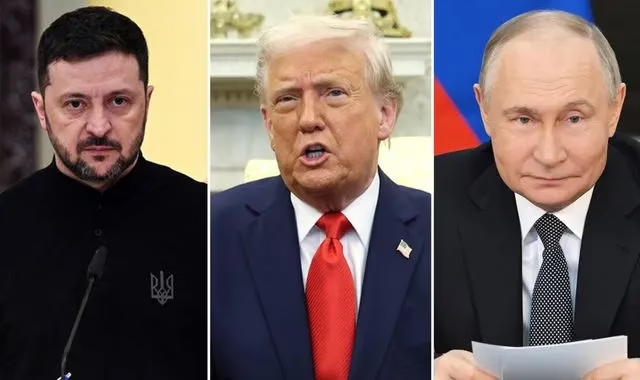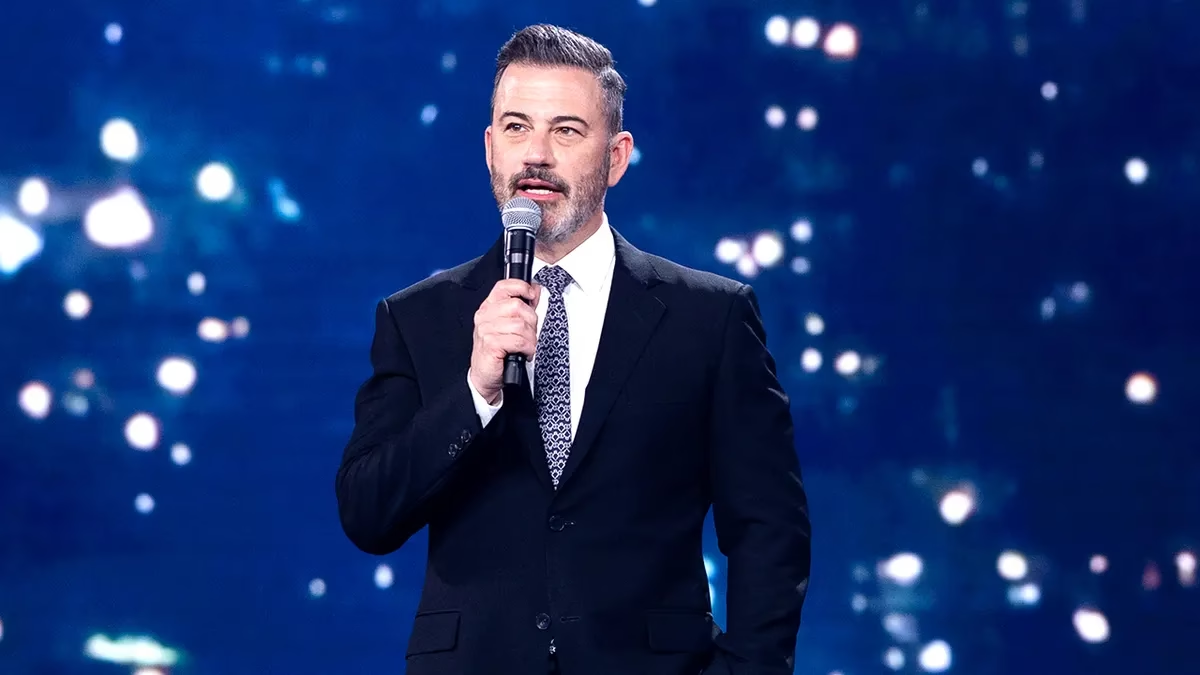
The world reacted in shock and grief this week after Russia launched one of the deadliest aerial assaults on Kyiv in months. But U.S. President Donald Trump’s response stood out for its restrained tone. The president, through White House officials, said he was “not happy, not surprised” by the strikes, underscoring his belief that the brutal conflict between Russia and Ukraine shows no signs of ending soon.
The reaction, while acknowledging the tragedy, has drawn both domestic and international criticism. Many U.S. allies believe that Trump’s words fell short of the strong condemnation expected from Washington, particularly after at least 19 civilians—including children—were killed in the assault.
A Deadly Night in Kyiv
The latest Russian offensive began in the early hours of Thursday morning, when waves of drones and missiles struck residential districts, cultural institutions, and foreign offices in Ukraine’s capital. Among the buildings damaged were the offices of the European Union delegation and the British Council, signaling not just an attack on Ukraine but on international institutions.
Ukrainian officials described the attack as one of the most devastating barrages in recent memory. Entire apartment blocks were reduced to rubble, and rescuers spent hours pulling victims from collapsed structures. The death toll reached at least 19, with dozens more injured. Kyiv’s mayor called it “a massacre,” while Ukraine’s foreign ministry appealed for stronger Western support.
Trump’s Cautious Response
When asked for comment, White House Press Secretary Karoline Leavitt relayed Trump’s reaction: “He was not happy about this news, but he was also not surprised. These are two countries that have been at war for a very long time.”
According to Leavitt, the president intends to issue a fuller statement later, but his initial reaction reflected both disappointment and resignation. By framing the assault as part of a long-running war, Trump avoided placing sole blame on Moscow and stopped short of promising new punitive measures against Russia.
For critics, this approach echoes Trump’s broader strategy—attempting to balance U.S. interests with a desire to avoid deeper entanglement in the war. For supporters, it demonstrates consistency in pushing for negotiations instead of escalation.
International Outrage
If Trump’s comments were measured, European leaders had no such reservations. UK Prime Minister Keir Starmer condemned the strikes as “barbaric acts of terror.” French President Emmanuel Macron said Russia had crossed “yet another red line,” while EU leaders summoned Russian diplomats to deliver sharp protests.
The European Union has already begun discussing new sanctions in response to the bombardment. NATO leaders are also expected to meet in Brussels to coordinate their response. Ukrainian President Volodymyr Zelensky, in a late-night address, urged the U.S. and Europe to recognize that Moscow is deliberately targeting civilians and foreign institutions.
U.S. Policy in the Spotlight
While the White House reaction was muted, Washington has taken at least one concrete step. Hours after the strikes, the U.S. Department of Defense announced an $825 million military aid package to Ukraine. The package includes advanced air defense systems, artillery, and ammunition aimed at strengthening Kyiv’s defenses against drone and missile attacks.
Still, analysts argue that aid alone is not enough. They say that Trump’s verbal response matters just as much as material support, because American words carry symbolic weight on the global stage. “When the U.S. president downplays outrage, it risks emboldening Moscow and weakening allied unity,” one European diplomat told Politico.
Why Trump’s Tone Matters
The restrained nature of Trump’s response—“not happy, not surprised”—fits into his long-standing diplomatic style. Since returning to office, Trump has consistently pushed for negotiations with Russia while blaming both Moscow and Kyiv for prolonging the war. His administration recently hosted a summit in Alaska with Russian President Vladimir Putin, though talks yielded little progress.
Critics fear that this approach risks sending the wrong signal to the Kremlin. “This is not the moment for measured disappointment; it is the moment for leadership,” said a Democratic lawmaker in Washington. Meanwhile, Trump allies defend the president, saying he is focused on avoiding reckless escalation while ensuring Ukraine receives the tools it needs to defend itself.
The Bigger Picture
The deadly strikes on Kyiv highlight the ongoing humanitarian crisis. Despite repeated peace initiatives, Russia has intensified its assaults, targeting not only military facilities but also homes, schools, and international organizations. The damage to EU and British Council offices shows the Kremlin’s willingness to provoke Europe directly.
For Ukrainians, the tragedy was another grim reminder that the war is far from over. For Americans, it has reignited debate about how involved the U.S. should remain in the conflict. And for the White House, Trump’s response signals the delicate balancing act of showing sympathy for victims while resisting calls for a harsher stance.
Conclusion
President Donald Trump’s reaction to the Russian strikes on Kyiv—“not happy, not surprised”—reflects both his acknowledgement of the human tragedy and his expectation that the war will grind on. While military aid continues to flow, his restrained tone is already under scrutiny from allies and critics alike.
As the death toll mounts and international outrage grows, the question remains: will the U.S. maintain a cautious stance, or will mounting pressure push Trump toward a tougher line against Moscow?
For now, the world watches closely—Kyiv in ruins, Europe on edge, and Washington weighing its words carefully.



